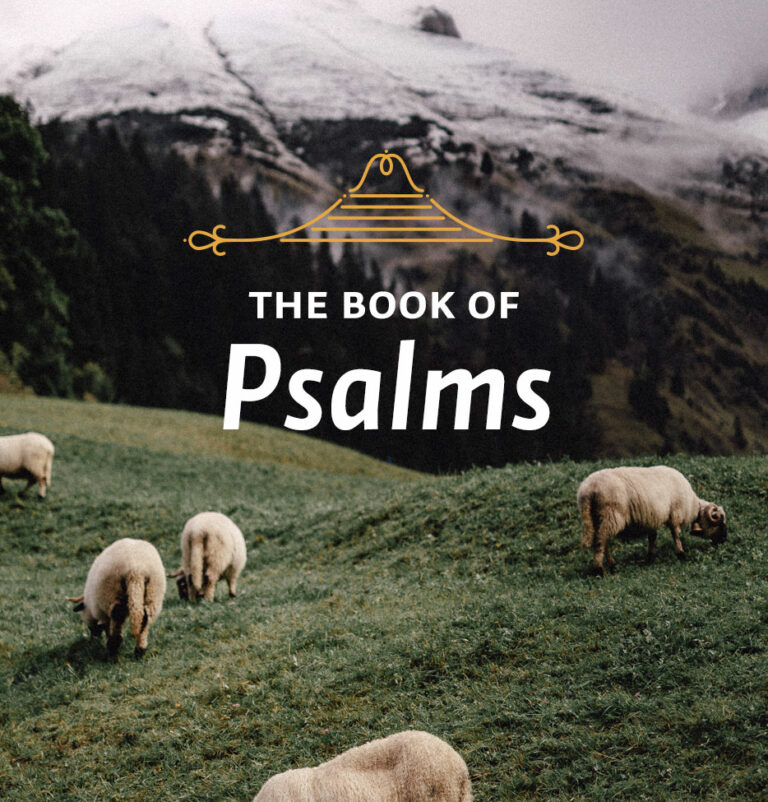
Monday: An Appeal to the Compassionate God
There are psalms of David in every book of the Psalter, but we have come near the end of the Psalter’s third book and have not had a psalm of David, until now. And characteristic of David, it is an appeal for mercy based on the character of God.



